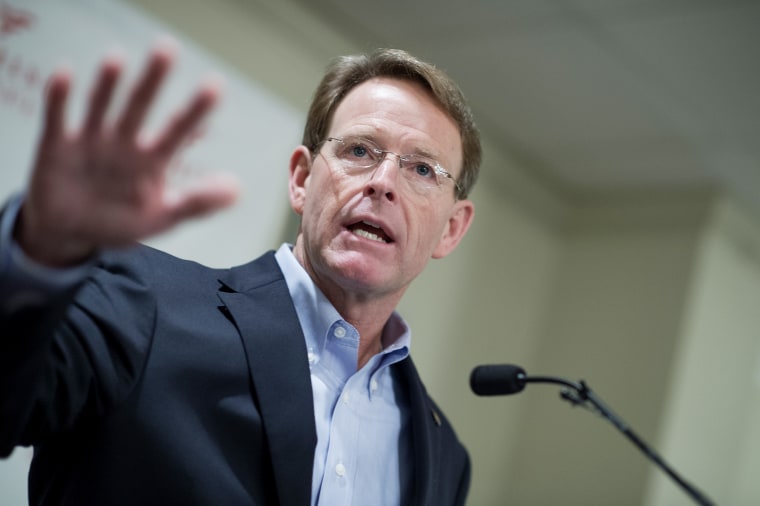In recent decades, the Family Research Council has established itself as a powerhouse advocacy and research organization. When it comes to fights over LGBTQ rights and reproductive rights, for example, the FRC long ago surpassed the Christian Coalition as the preeminent group in the religious right movement.
But as it turns out, characterizing the Family Research Council as an advocacy and research organization may no longer be entirely accurate, at least not as far as tax law is concerned. ProPublica recently reported:
According to documents obtained via the Freedom of Information Act and given to ProPublica, the FRC filed an application to change its status to an “association of churches,” a designation commonly used by groups with member churches like the Southern Baptist Convention, in March 2020. The agency approved the change a few months later. The FRC is one of a growing list of activist groups to seek church status, a designation that comes with the ability for an organization to shield itself from financial scrutiny.
Secular tax-exempt organizations have to file a specific kind of tax return — a Form 990 — that lists staff salaries, sizable payments, grants, etc.
Churches, however, don’t have to file Form 990s. What’s more, church audits are more difficult and far less common than audits of other tax-exempt institutions.
Whether the Family Research Council actually should be seen as a church, however, is another matter. From the ProPublica report:
Does the organization hold regular chapel services? According to the FRC’s letter to the IRS, the answer is yes. It wrote that it holds services at its office building averaging more than 65 people. But when a ProPublica reporter called to inquire about service times, a staffer who answered the phone responded, “We don’t have church service.” Elsewhere in the form, it says that the employees make up those who attend its services.
With this in mind, Politico reported this week that more than three dozen House Democrats — who collectively are scrutinizing organizations that claim church status to avoid taxes — contacted the Internal Revenue Service about the FRC.
In their letter to the IRS, the lawmakers argued that the Family Research Council “claiming to be a church strains credulity: they do not hold religious services, do not have a congregation or affiliated congregations, and do not possess many of the other attributes of churches listed by the IRS.”
They added that while they “understand the importance of religious institutions to their congregants” the U.S. tax code “must be applied fairly and judiciously.”
As best as I can tell, the IRS hasn’t responded. Watch this space.
Related:

